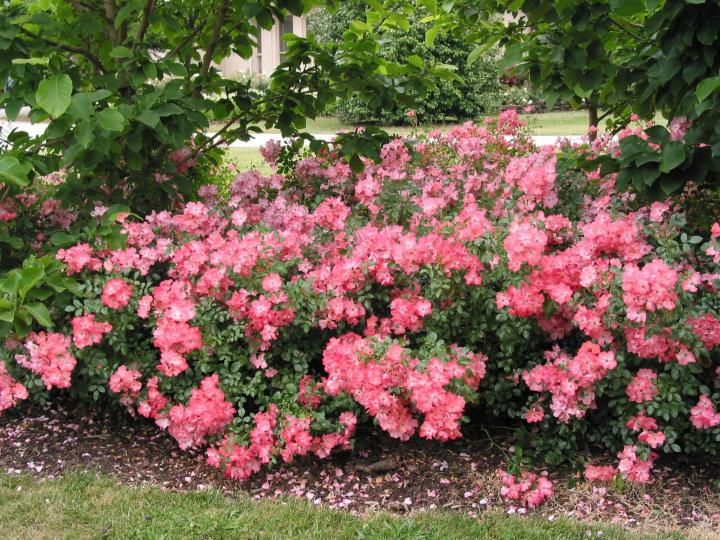
From landscape to climbing roses, disease-resistance is possible!
ADVERTISEMENT
I bought disease resistant Jackson and Perkins tea rose some years ago and cannot remember the name. It is a darker coral color with very straight stems and I believe it started with an “ S”
It’s probably 20 years old and was one of the first disease resistant roses that Jackson and Perkins sold
Any ideas? Thanks
There is a hardy disease resistant shrub rose called belindas dream. Very clean with large blooms.
The knockouts are the *worst* in hot & humid NC. They get mildew at the drop of a hat here. Working at a nursery, that means I spend hours spraying upwards of 150 rose bushes at least twice a week. Their only advantage over the drifts is more open cane growth for easier air circulation. Otherwise, each is as bad as the other.
I was told by my builder I had dessert rose bushes. I cant find this variety. I also think I have a disease on one but want to make sure before I dig them up. Could I send a photo?











